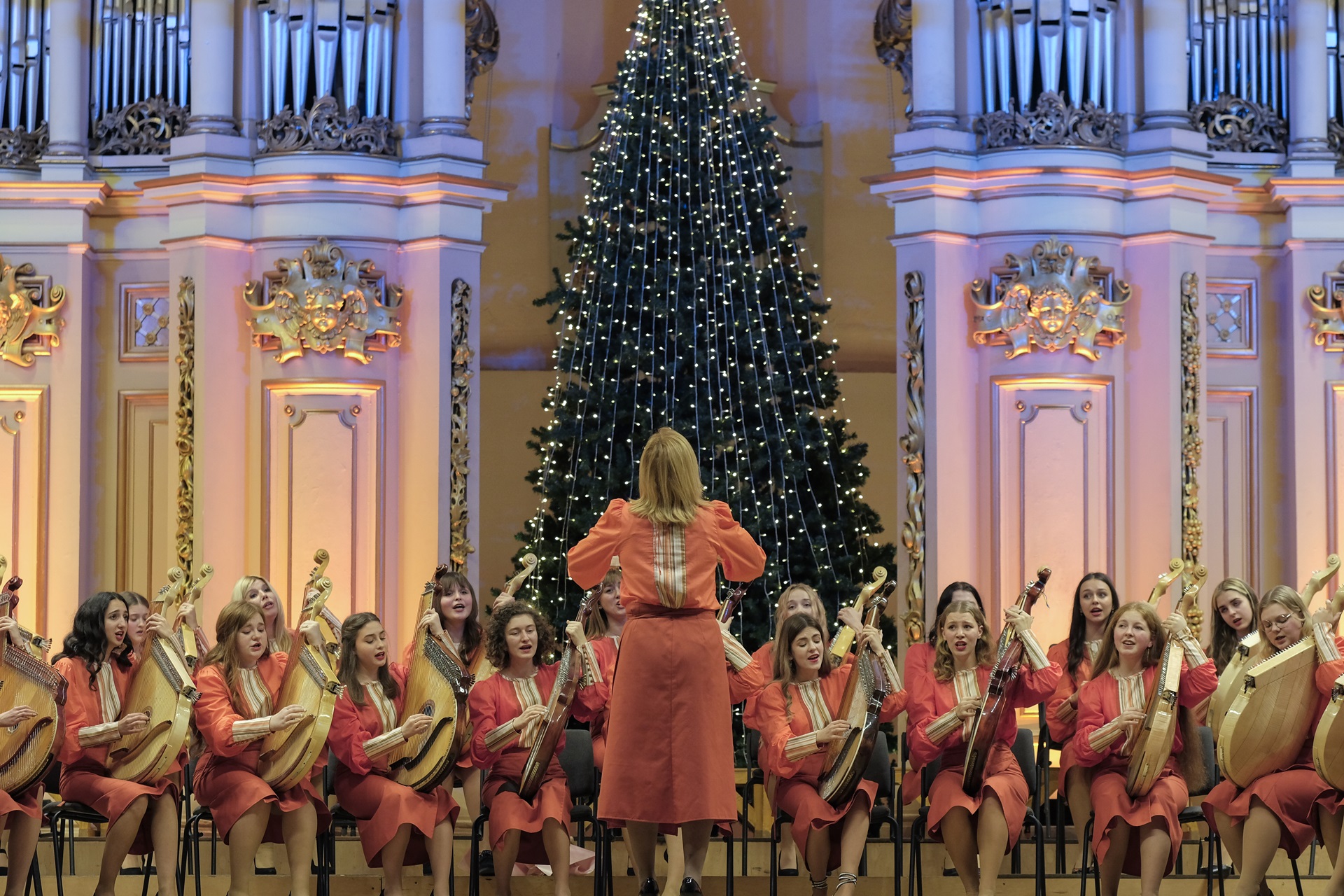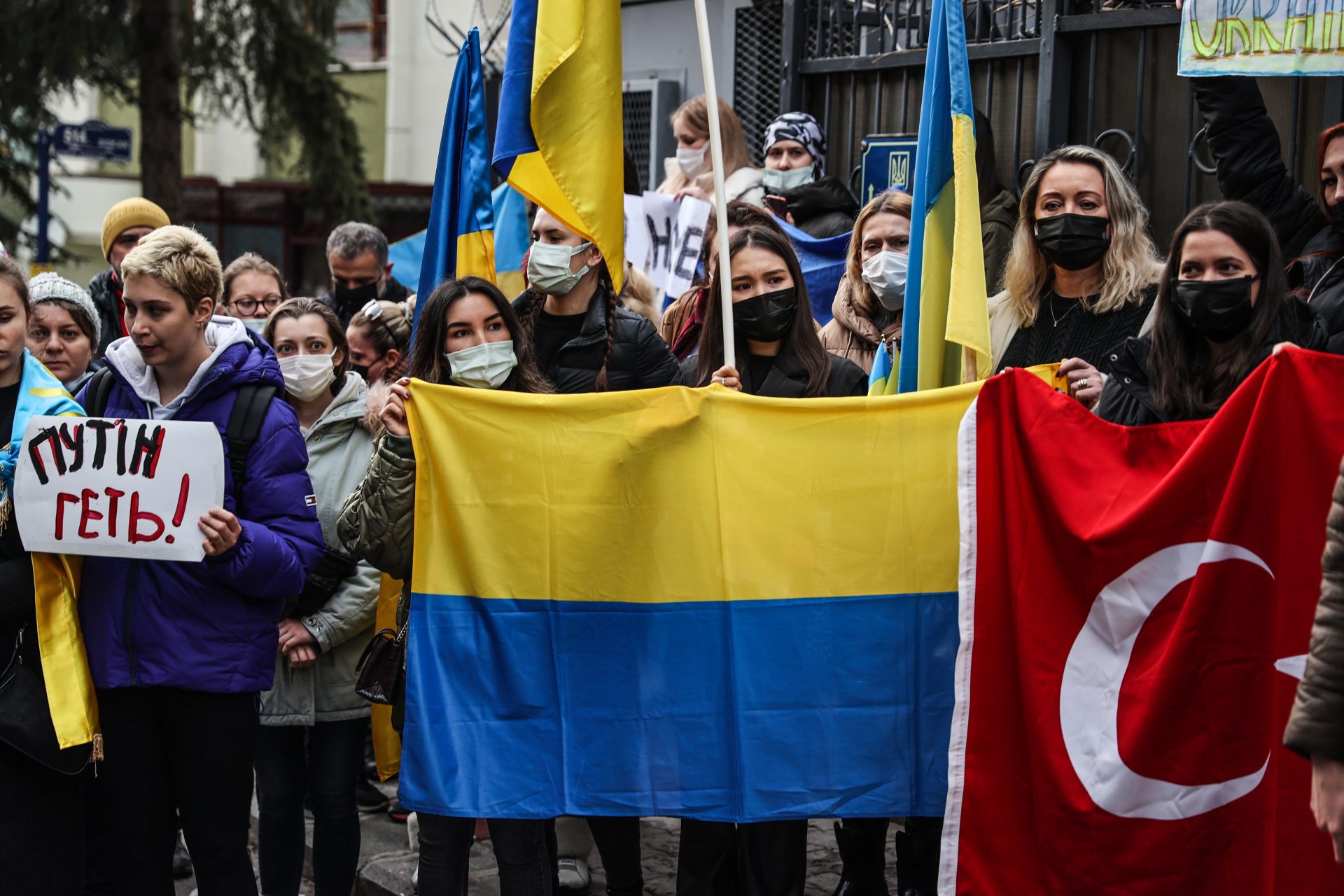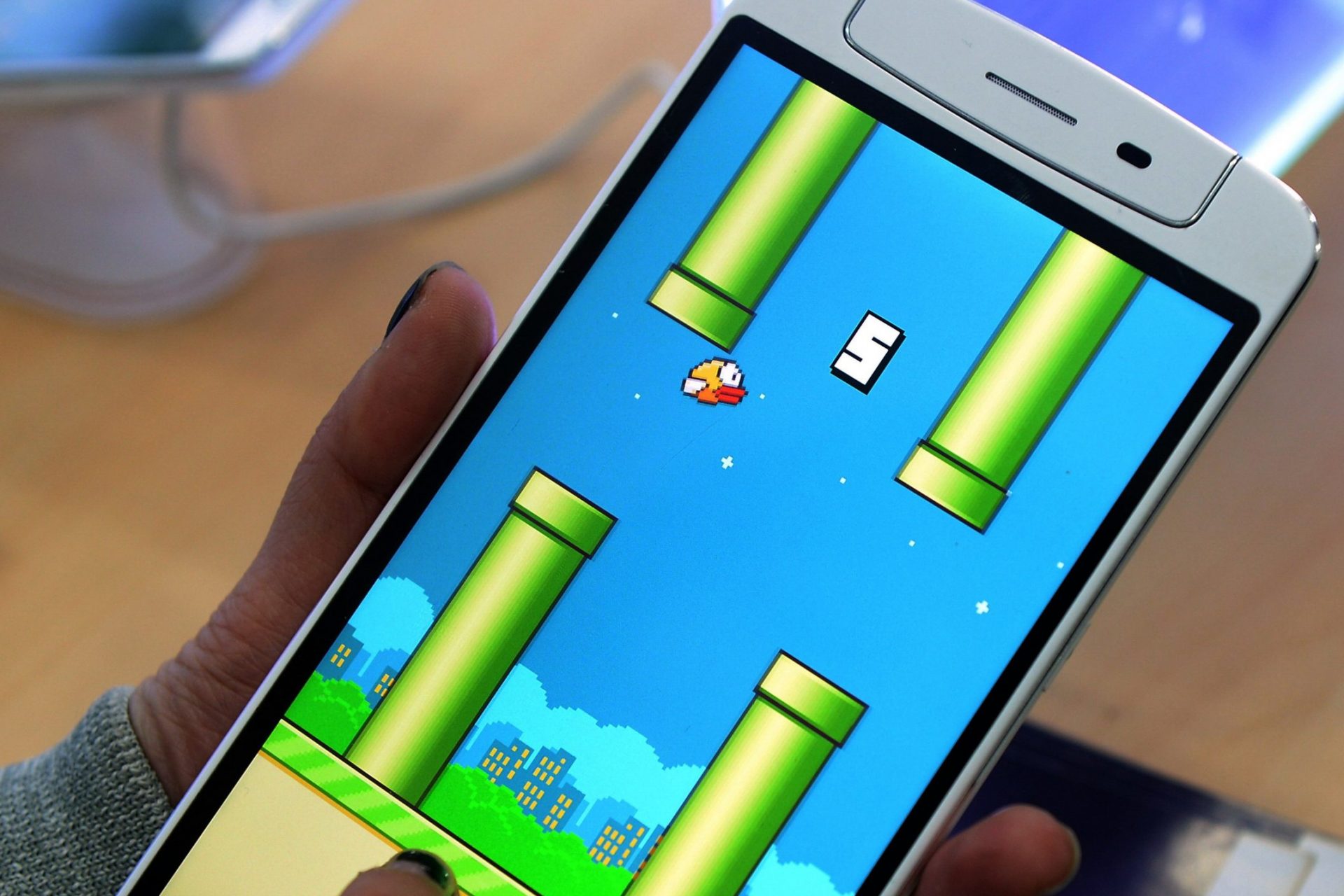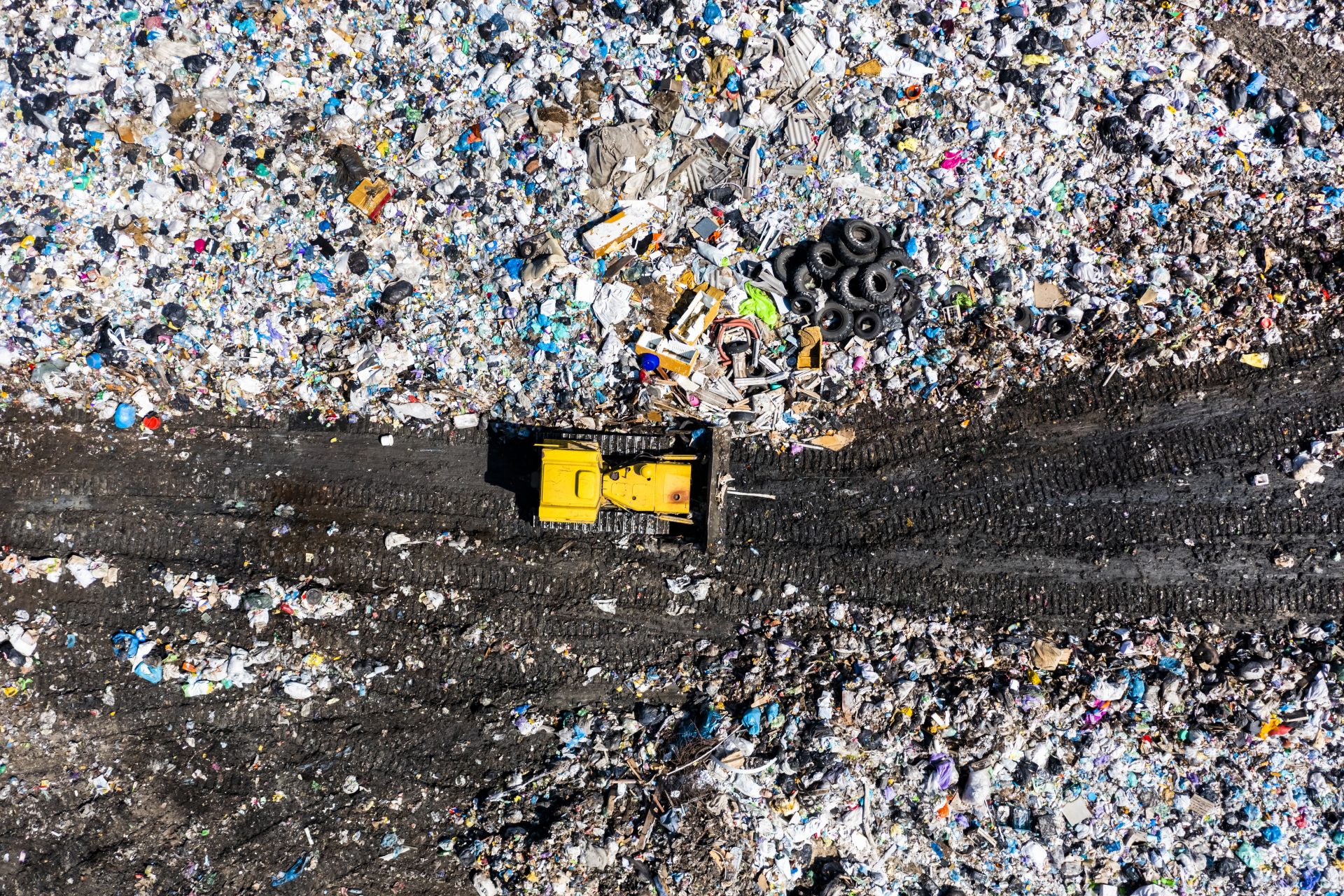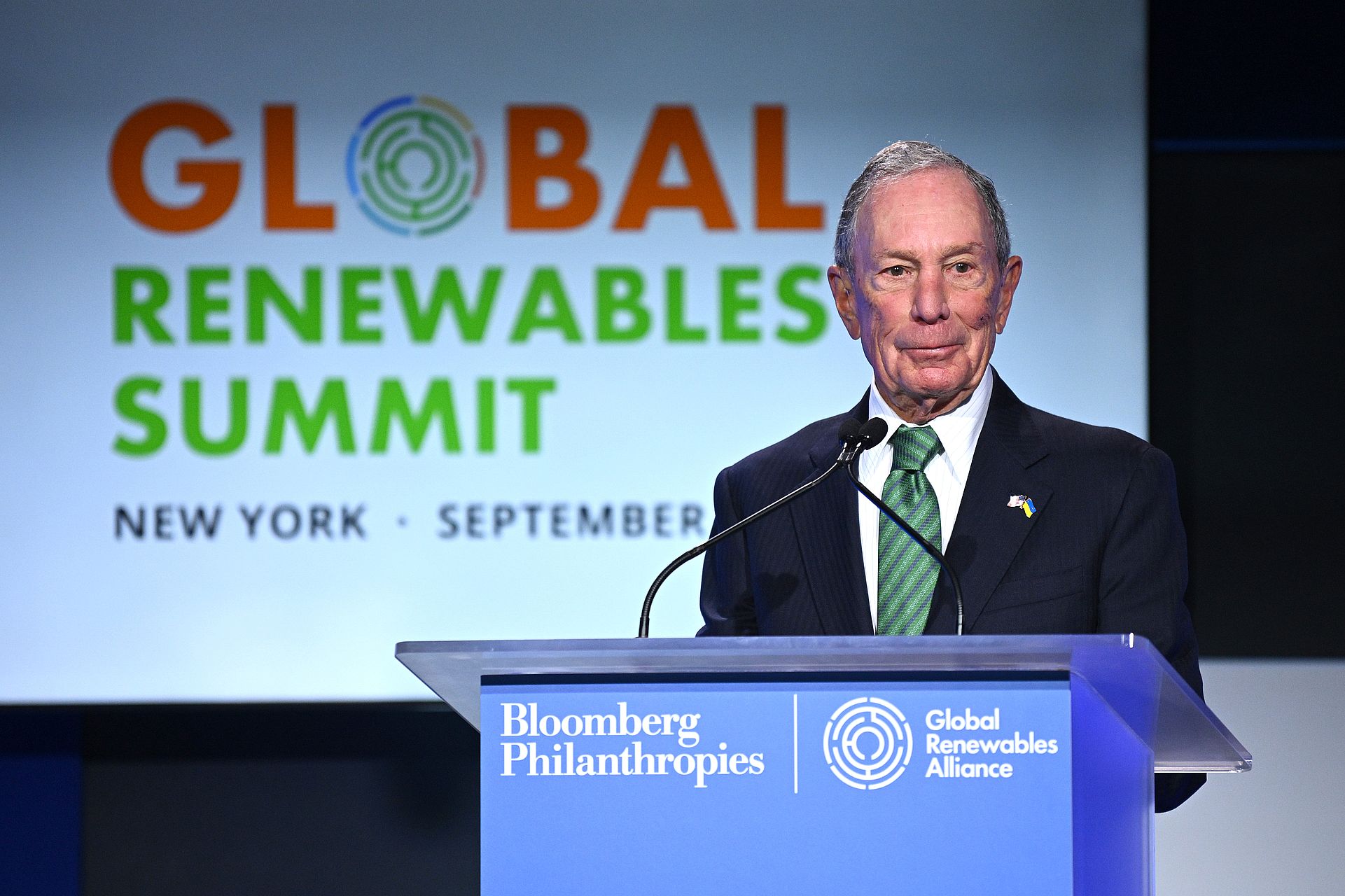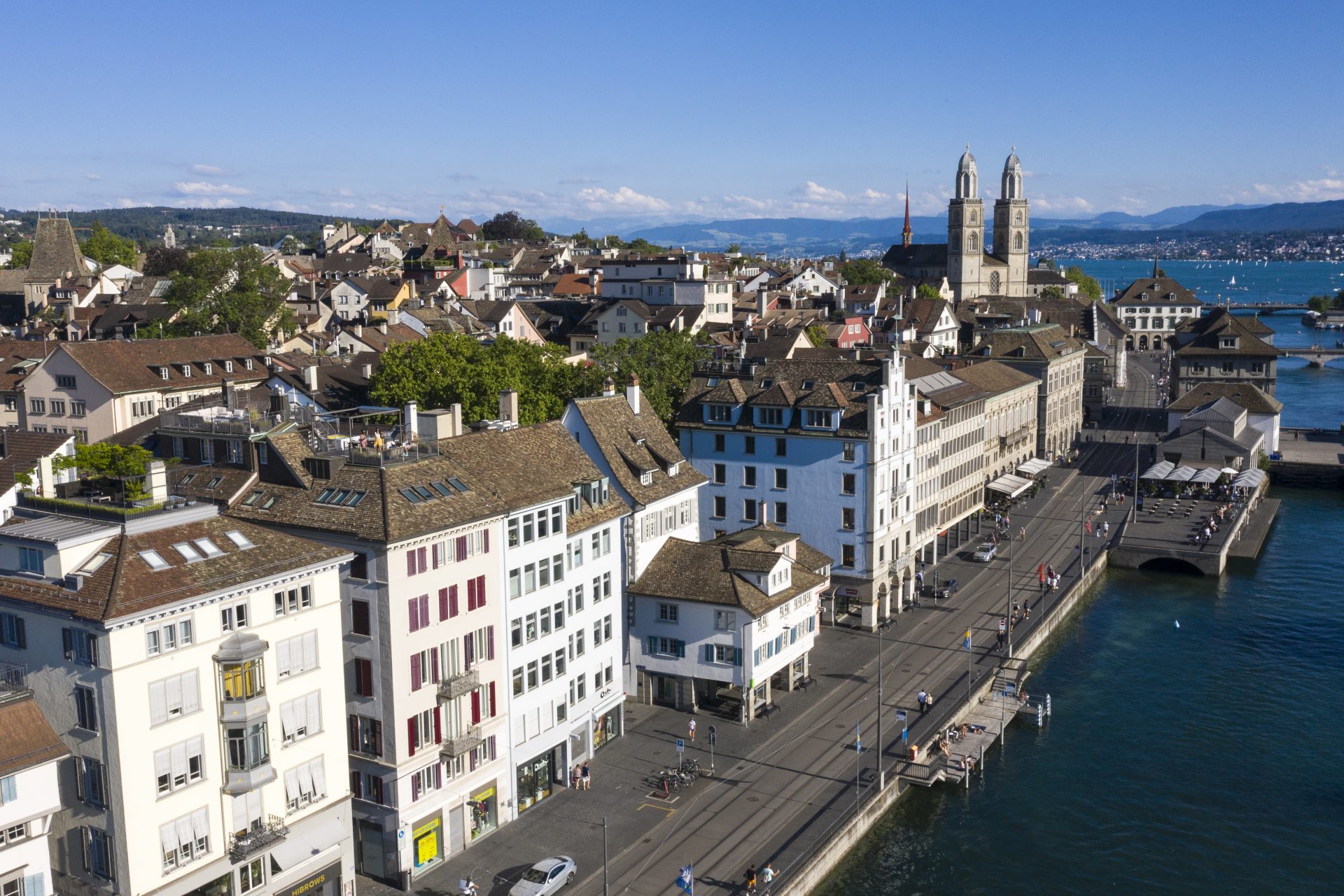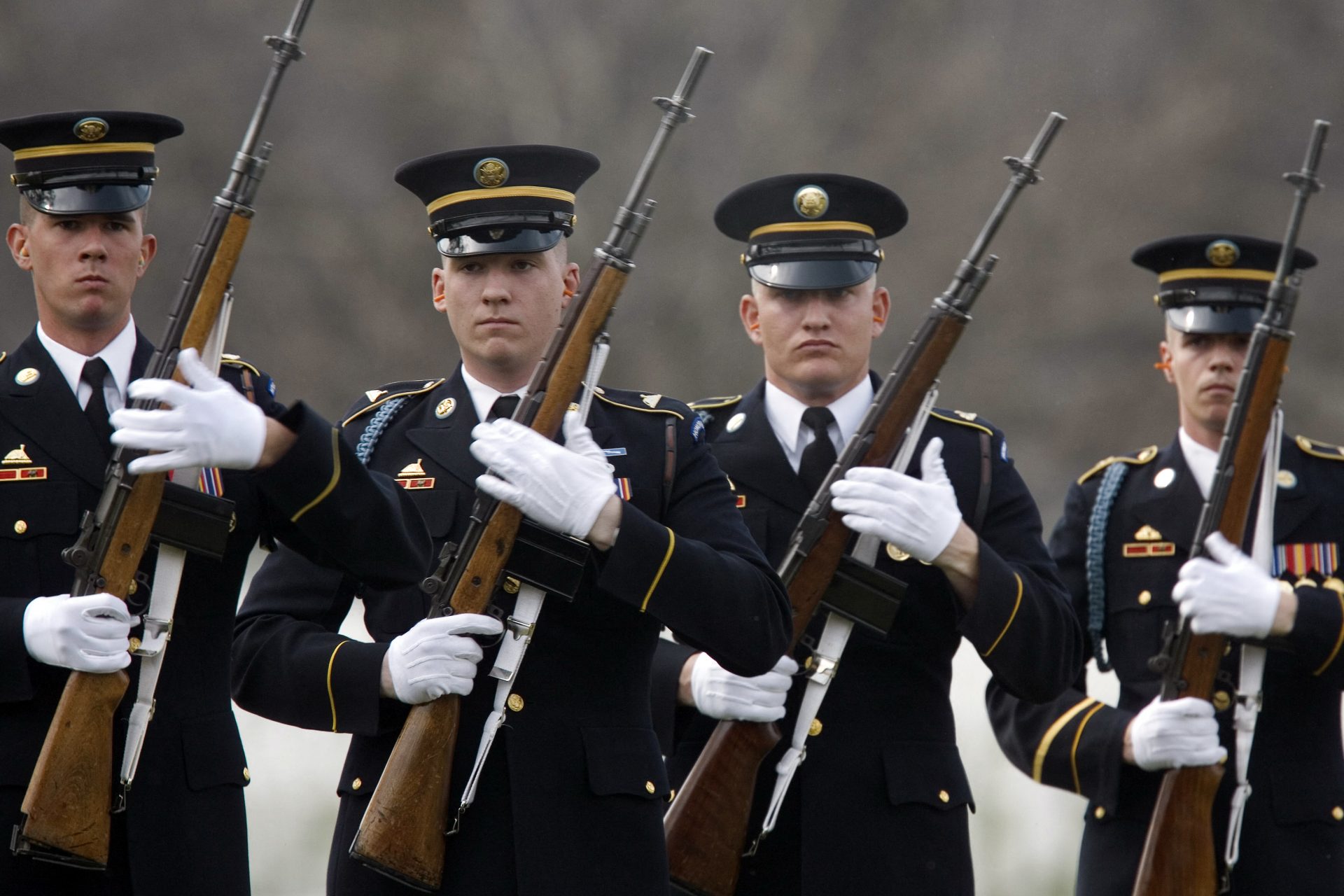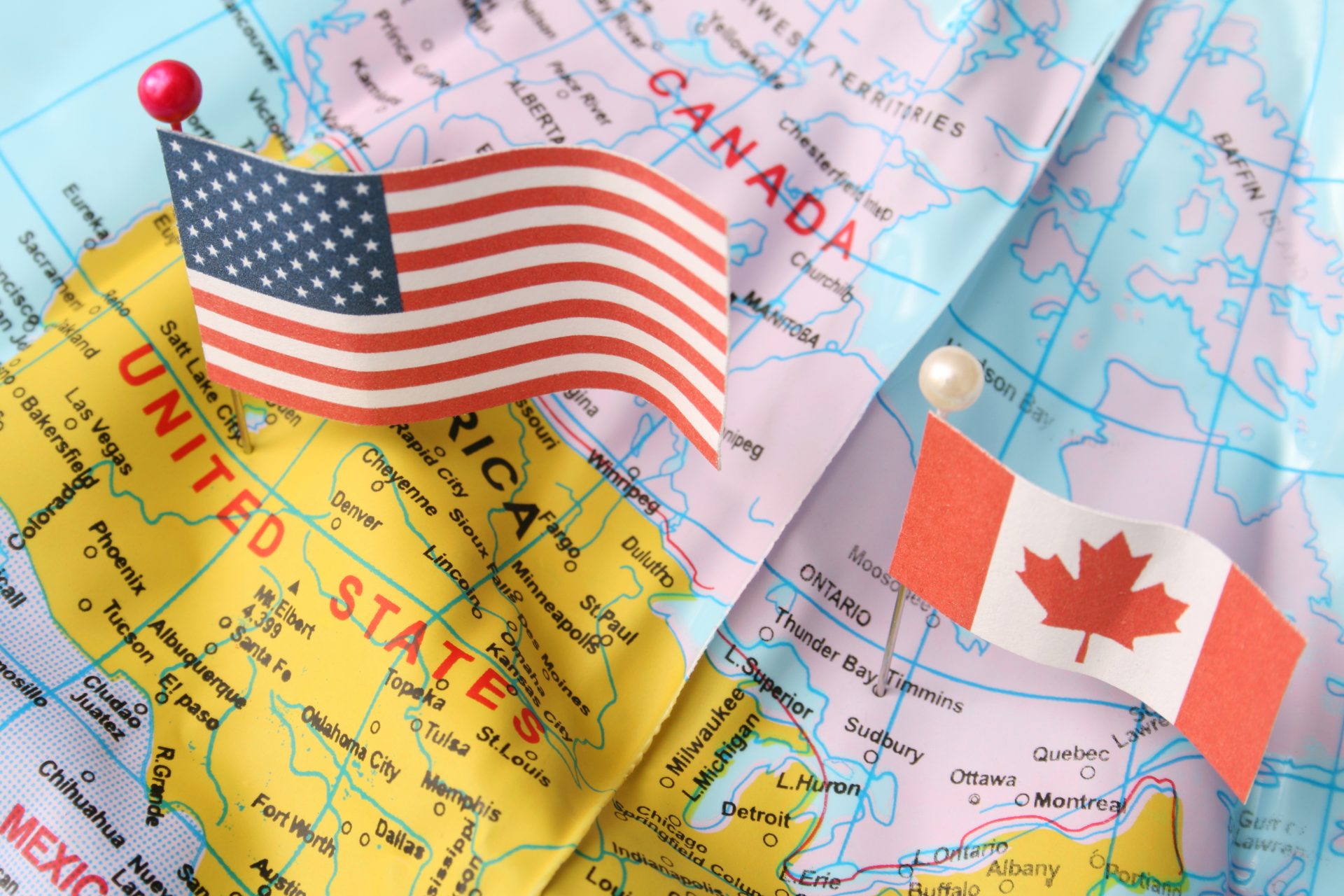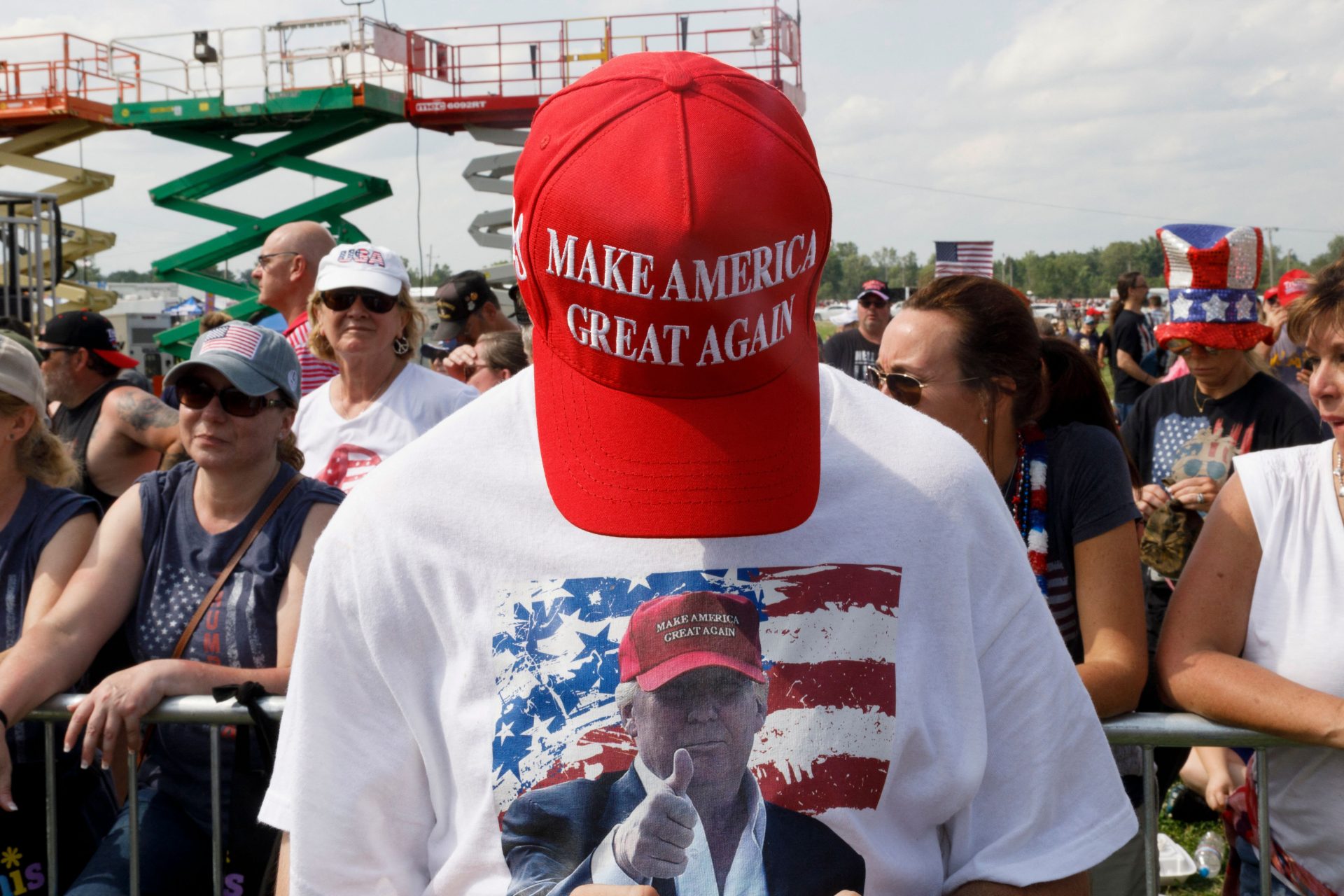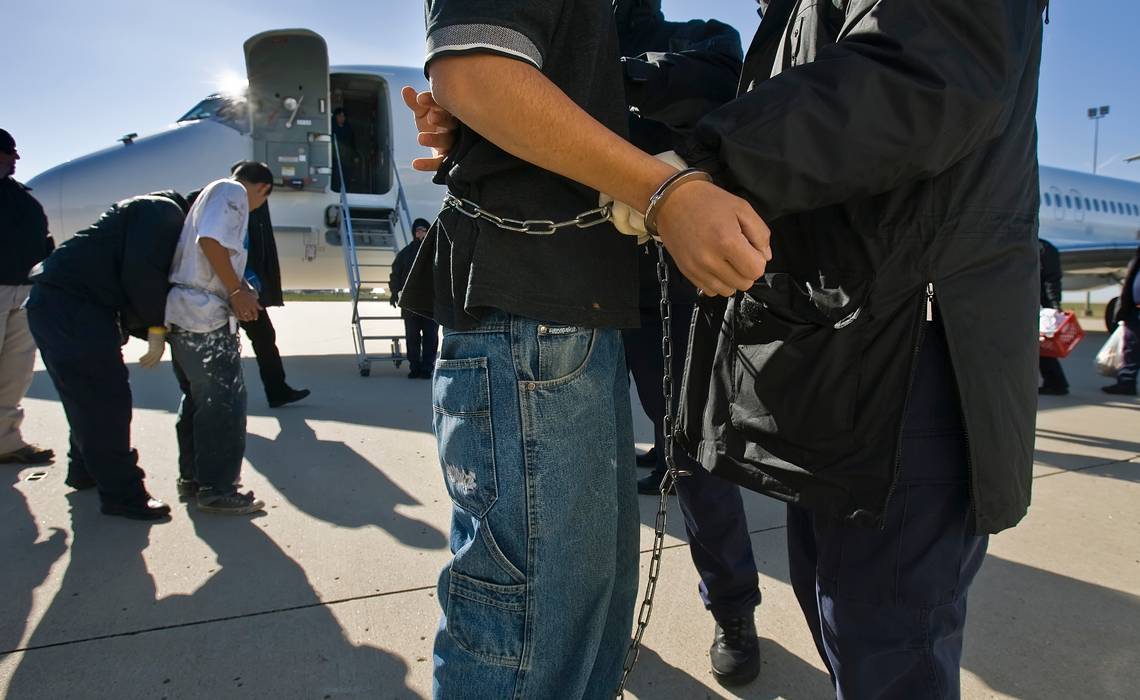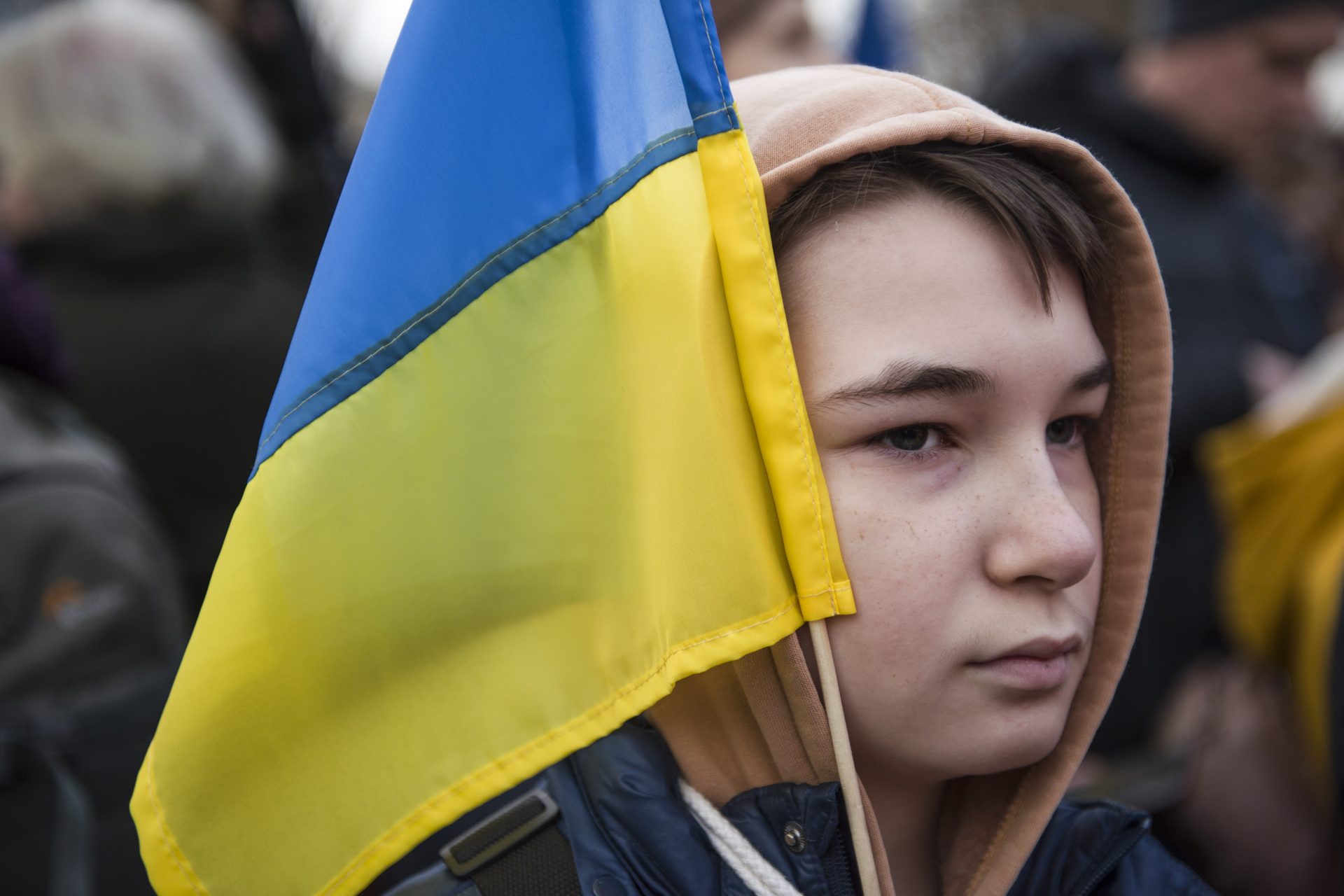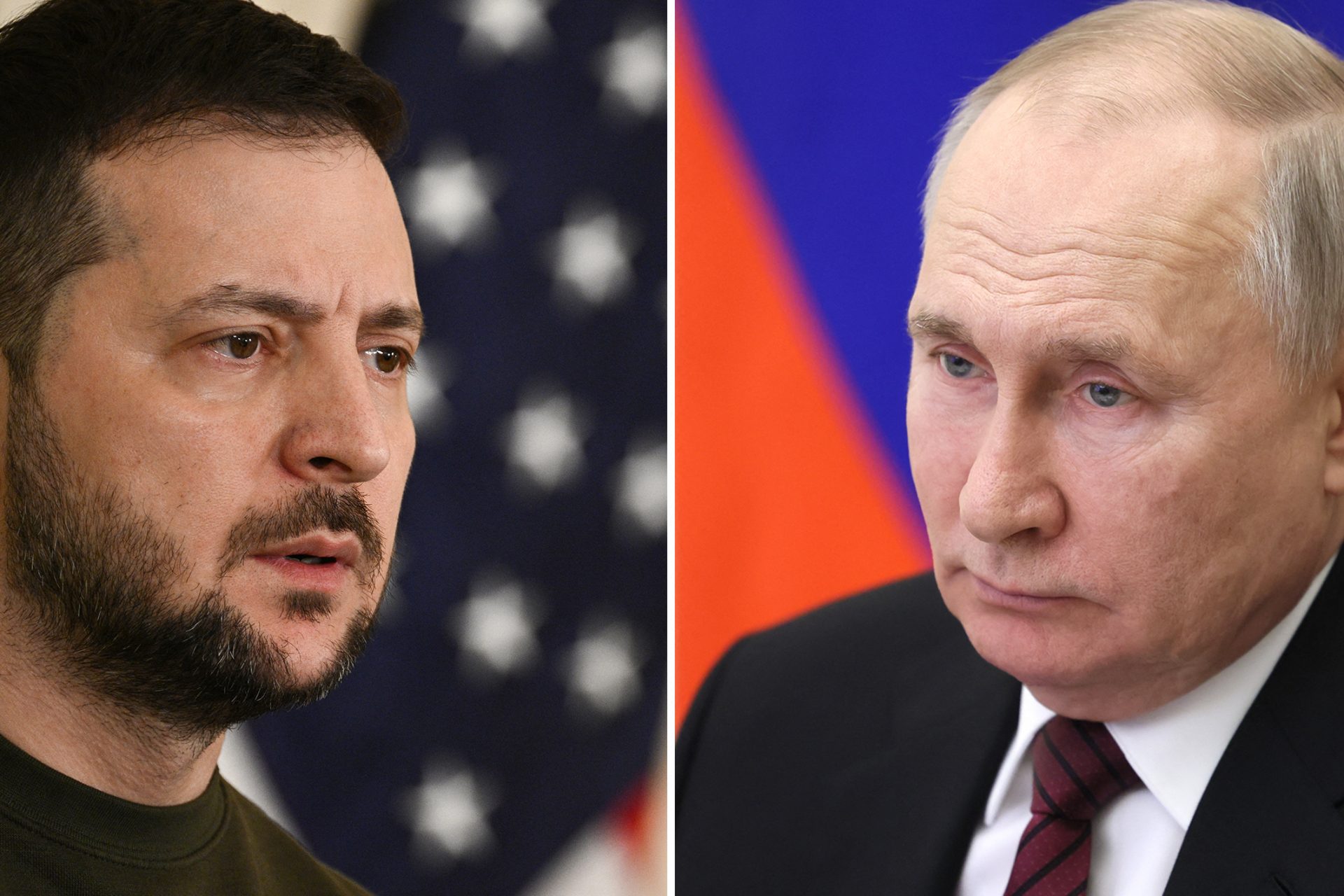Ukraine's shift in holiday celebrations provokes Russian discontent
The invasion of Ukraine by Russia in February 2022 brought about numerous unexpected changes, among which was a significant impact on the calendar.
The Ukrainian government led by Volodymyr Zelensky has accelerated changing official holidays in the country to distance themselves from Moscow.
Zelensky declared in May 2023 a law to radically change and Westernize public holidays in his country, the Kyiv Independent explains.
Since 2023 Ukraine celebrates May 8 as the Day of Remembrance and Victory over Nazism in the Second World War, as it is generally celebrated in Western Europe.
Meanwhile, Victory Day, the traditional WW2 commemoration since the time of the Soviet Union, was turned into Europe Day, an EU observance commemorating “peace and unity” across the continent.
Pictured: 2023 Victory Day in Moscow.
Victory Day is one of Russia’s biggest celebrations. Every May 9, the Eastern European country remembers the victory of the USSR over Nazi Germany.
While Western countries tend to celebrate VE Day on May 8, Victory Day has a different meaning in countries that used to form the USSR.
Pictured: The Motherland Calls, one of the most iconic Russian Second World War monuments.
Under the leadership of Stalin, the Soviet Union not only fought one of the biggest battles that humanity has ever seen against the Axis, but it also suffered the biggest casualties any country has ever suffered during any armed conflict.
Unsurprisingly, Victory Day also has a political element attached to it. The Russian government headed by Vladimir Putin has freely used comparisons between World War 2 and the invasion of Ukraine, arguing it was cleaning its neighboring country from Nazism.
“We will never forget the contribution of the Ukrainian people to the victory over Nazism. And we will not allow lies as if the victory in that war could happen without the participation of any country or nation,” Zelensky stated in a video address, as quoted by Newsweek.
“Now, just like 80 years ago, we rely on the joint strength of free peoples and know that together we will always be part of a free Europe that will not submit to evil,” the Ukrainian President remarked.
Ukraine stopped celebrating Victory Day in 2015, one year after the Russian invasion of Crimea.
At the same time, the Ukrainian government adopted the term Second World War in all official legislation, dropping the Soviet (and later Russian) name: The Great Patriotic War.
Similarly, Ukraine approved legislation prohibiting both Nazi and Communist symbols and changed Soviet names in streets, monuments, public spaces, and even entire cities.
A 2017 education law limited the use of Russian in education. It also restricted the importation and sale of books in Russia within Ukrainian territory.
This measure was seen as extreme and a bit ironic considering that a large group in Ukraine, including Zelensky himself, are native Russian speakers.
And in 2019, the Orthodox Church of Ukraine established itself as a distinct institution from the Russian Orthodox Church, despite protests from the Moscow Patriarchate and the Kremlin.
Since the Russian invasion of Ukraine in February 2022, the process of de-Russification since have intensified in Ukraine.
In December 2022, the Orthodox Church of Ukraine adopted for the first time Christmas on December 25 instead of January 7, as it’s usually celebrated in Orthodox Christianity.
It seems ironic that Putin’s war, one started among other things to defend historically Russian spaces in what today is Ukraine, seems to be pushing Kyiv far more into the West.
More for you
Top Stories



